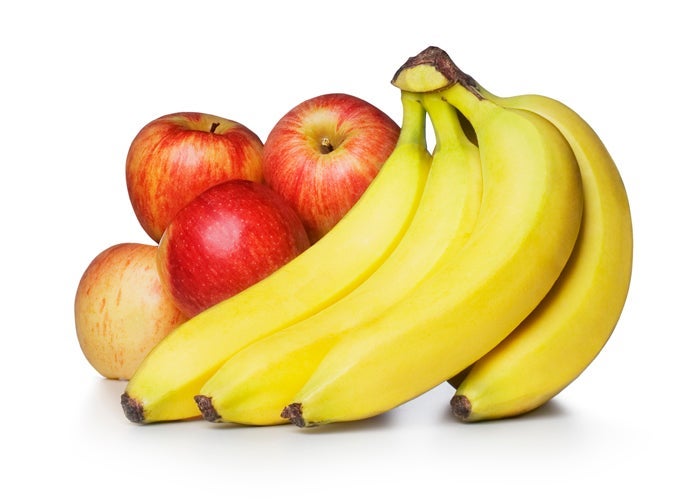Fruitful Fridge


It’s a familiar experience that everyone who finds themselves on a quest to eat healthier will recognize; a fridge full of fruits and vegetables that get thrown out before they’re eaten. Even the most careful meal planning can result in produce spoiling prematurely, and having to toss fruits and vegetables regularly is a waste of money as well as a waste of food. Luckily there are some simple precautions that you can take to get the most out of your fruit and veg.
Keep a clean fridge
Maintaining a clean and organized fridge is an easy task when performed weekly. Warm water and dish detergent do a great job of cleaning and removing stains; racks should be removed and soaked in the soapy solution before being wiped down. A well-cleaned fridge will drastically cut down on the amount of mold and spores that are easily transferred to fresh produce, a contributing factor in premature spoilage.
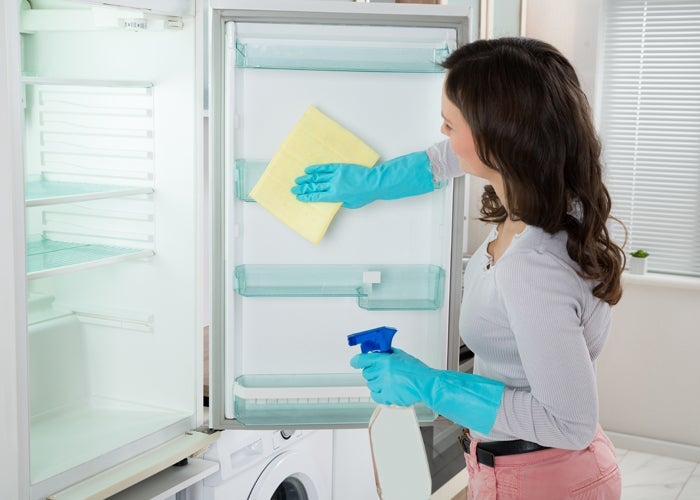
Find out what actually needs to be refrigerated
The fridge isn’t always a friend of fruits and vegetables. In fact, it can have a detrimental effect on texture and taste in addition to actually speeding up deterioration. Tomatoes should always be stored at room temperature to prevent them from becoming mealy and off-tasting. Stone fruit, such as peaches, plums, and cherries should also be stored on the counter instead of in the fridge. Onions and garlic (excluding scallions and other fresh onion varieties) should also be stored in a cool, dark place in order to prevent transferring their taste and smell to other fridge items. Citrus fruit can be stored at room temperature but should be watched carefully for signs of mold as they can quickly and easily transfer the mold to everything else in the fruit bowl.
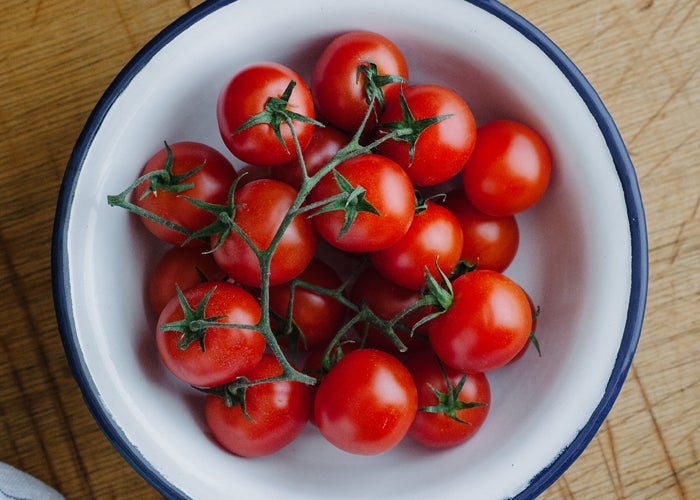
Store leafy greens and fresh herbs carefully
Salad greens need to be kept as free from moisture as possible in order to prevent them from turning slimy before they can be eaten. Wash and dry lettuce thoroughly in a salad spinner and leave the basket full of greens in the fridge. A good alternative to using a salad spinner is to dry greens by laying them out on a clean tea towel, when they’re completely dry loosely roll the towel up and store in the fridge. Treat fresh herbs as you would freshly cut flowers by storing them on the counter in a glass or small vase filled with water. Loosely tent the herbs with plastic bags and change the water every day, the herbs should stay fresh for more than a week.
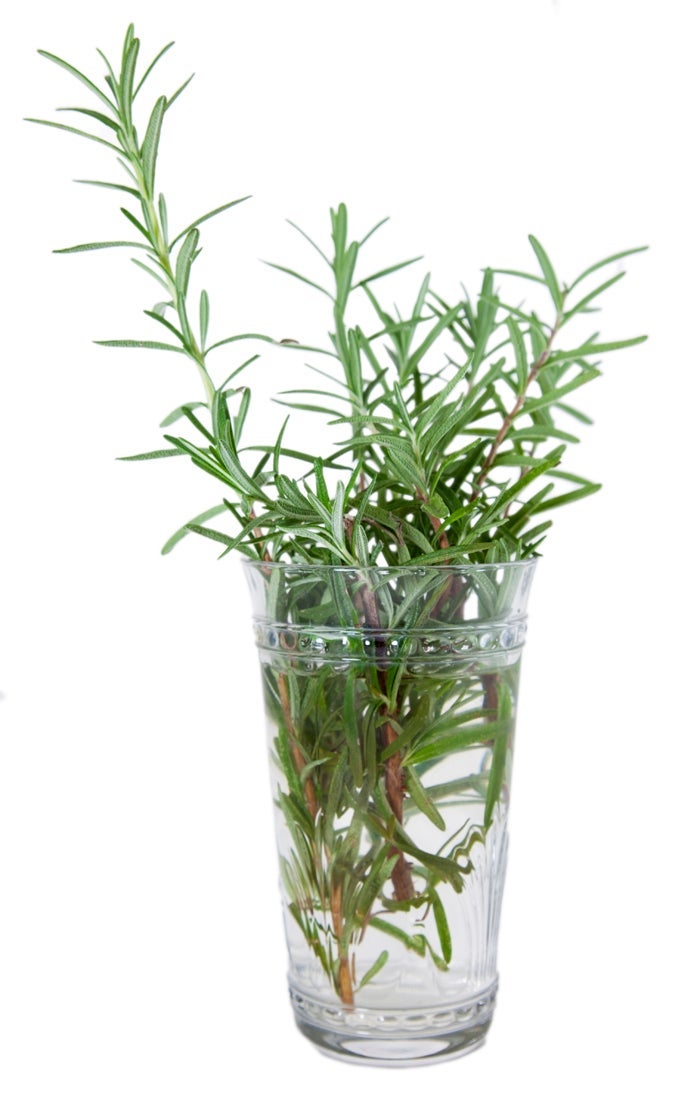
Give berries a special bath
Super delicate produce such as blueberries, raspberries, strawberries, and blackberries should be carefully washed with water mixed with a small amount of white vinegar. The vinegar smell will disappear once the berries have dried, and gives extra life to produce that generally spoils within a day or two.
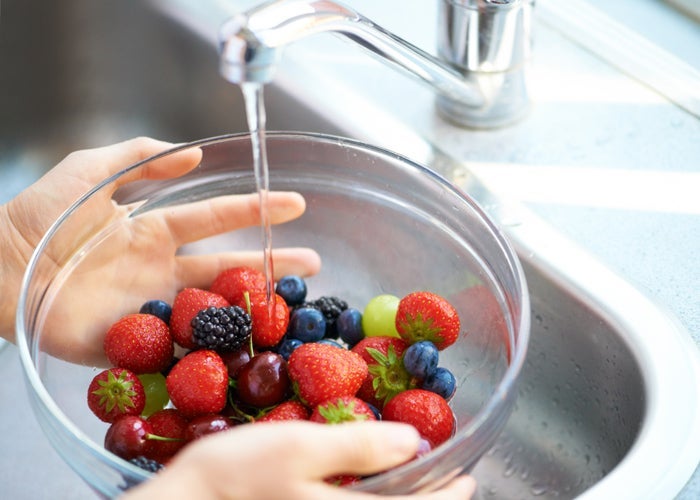
Find perfect (and imperfect) pairings
Ethylene is a naturally occurring gas that fruits and vegetables produce to help with the ripening process. Certain items, such as bananas and apples, emit higher amounts of ethylene gas which can cause surrounding produce to ripen too quickly. Keep apples and bananas separate from other fruit left at room temperature in order to prevent accidental over ripening. High ethylene producing fruits can be used advantageously to quickly ripen fruit by placing them in a paper bag with ethylene sensitive fruit such as peaches and avocados. Avoid storing apples and potatoes together at all costs, the ethylene from the apples will cause potatoes to sprout.
